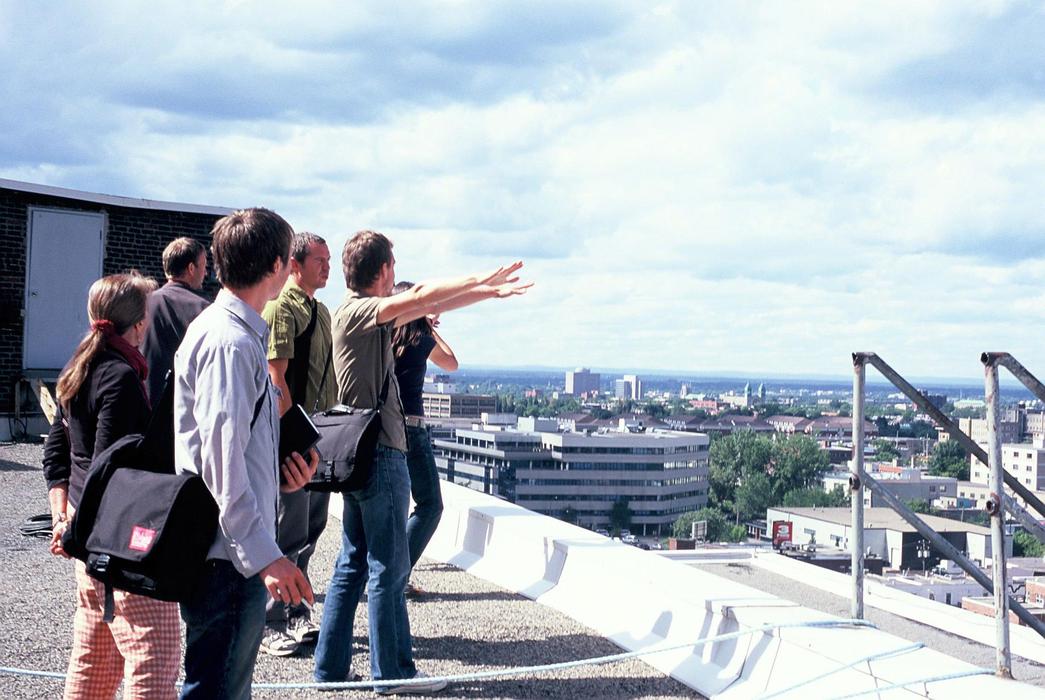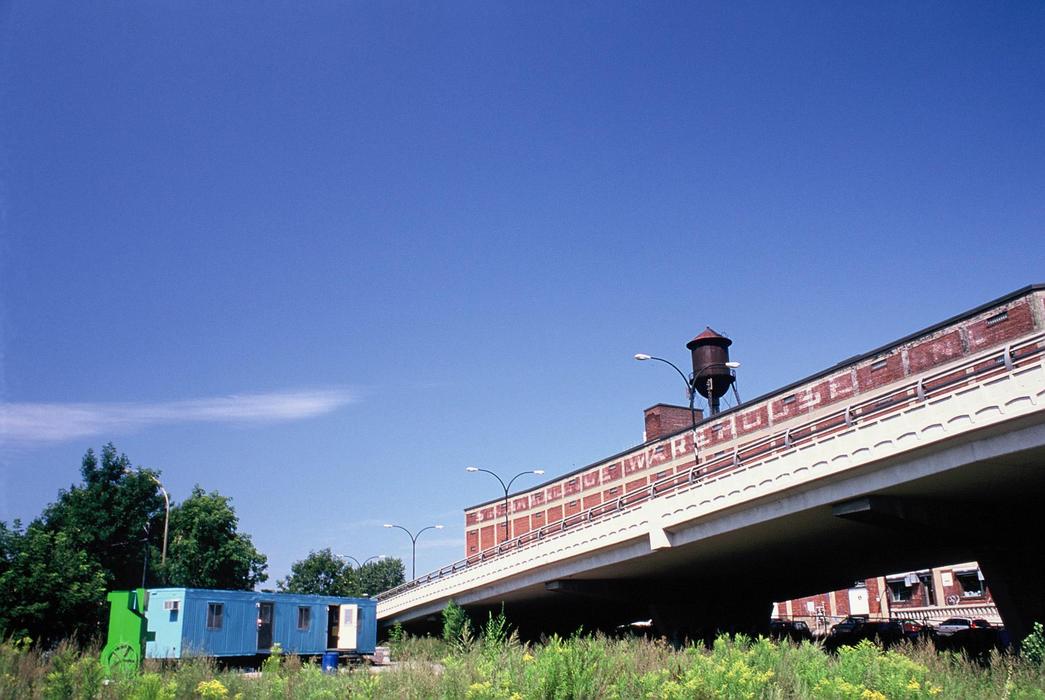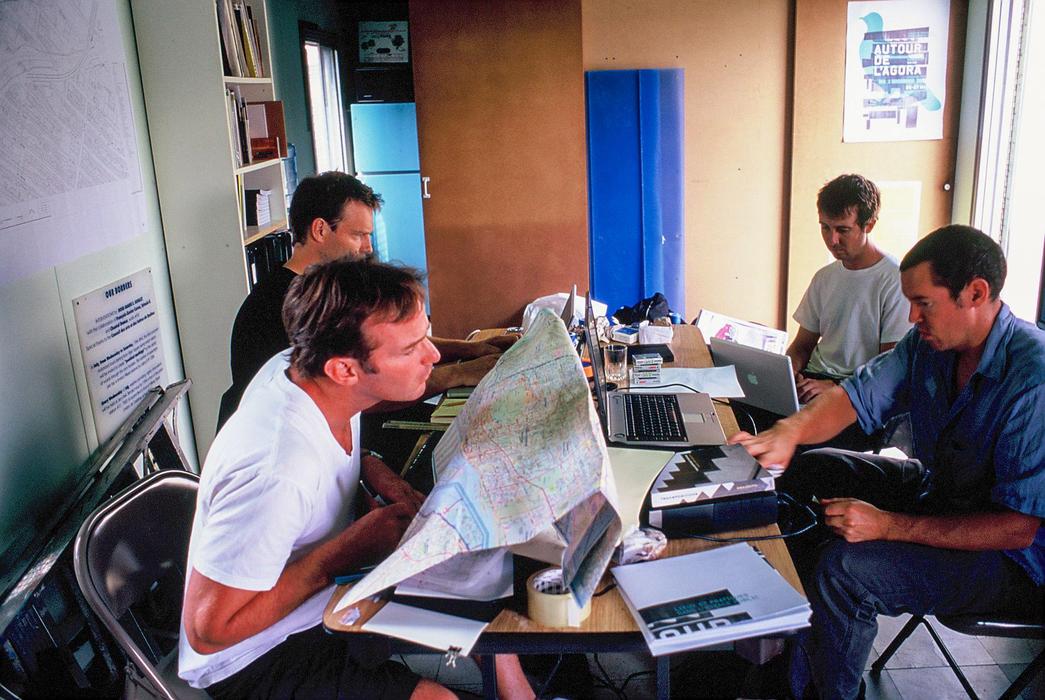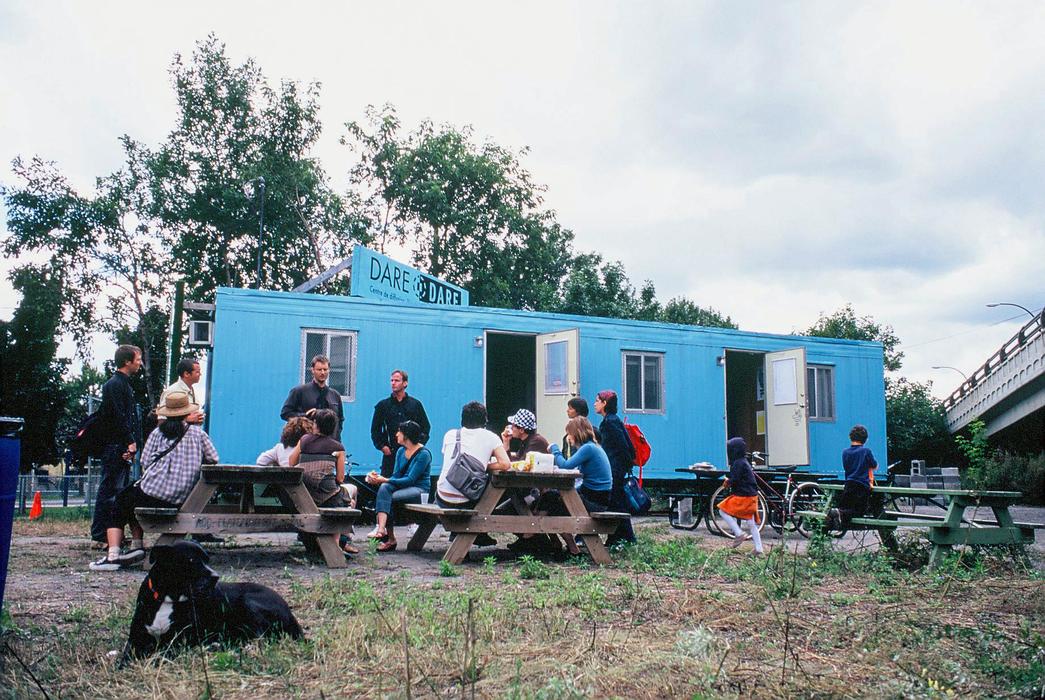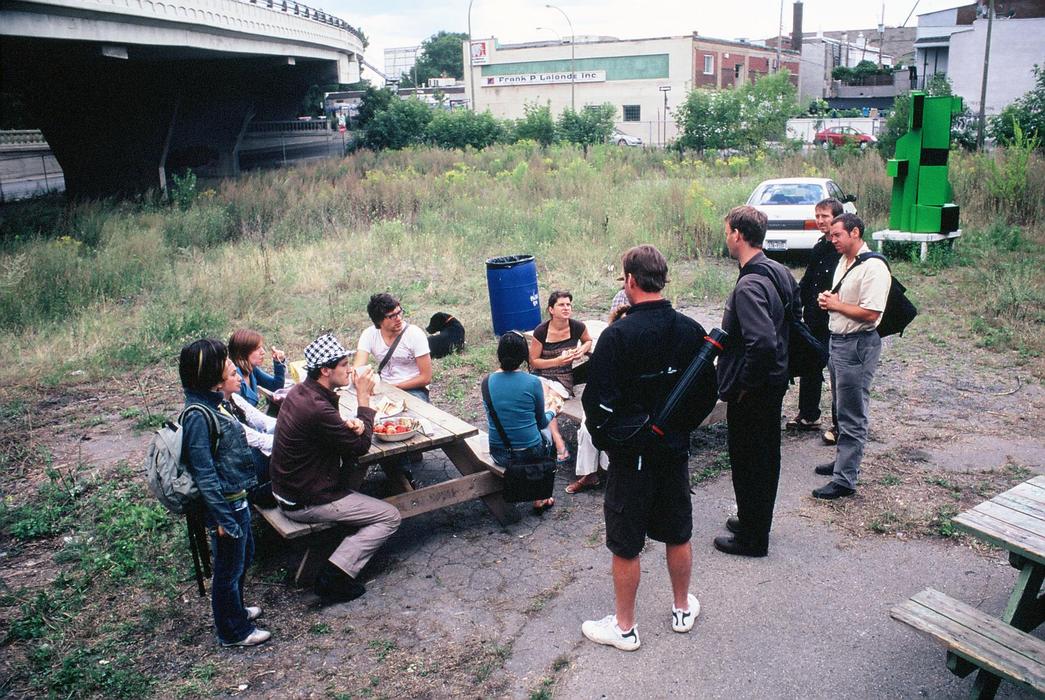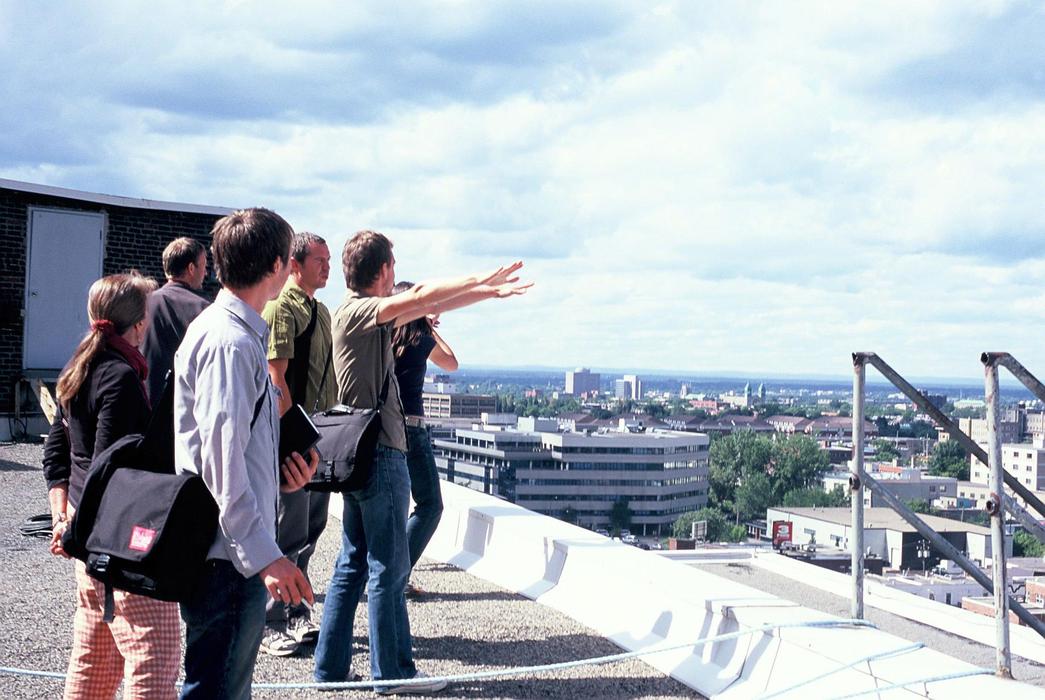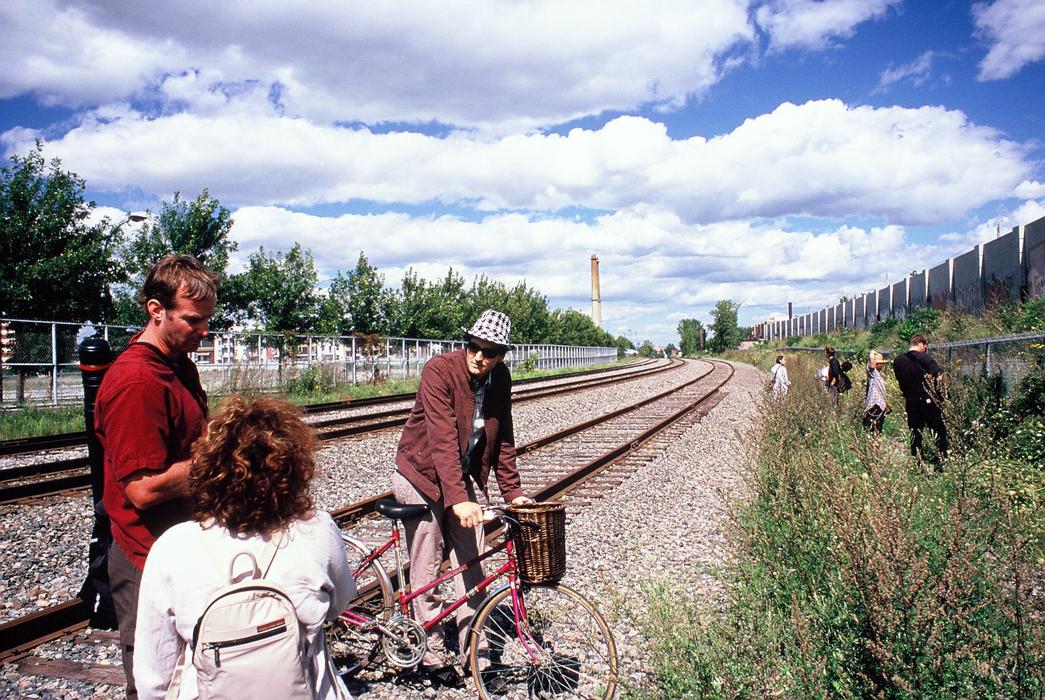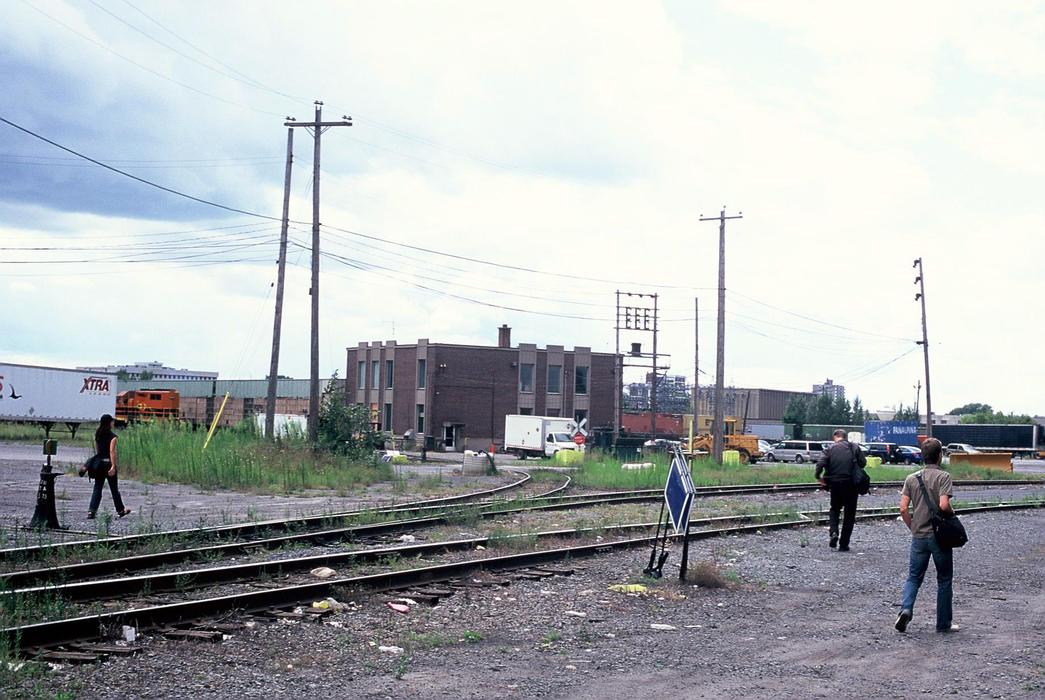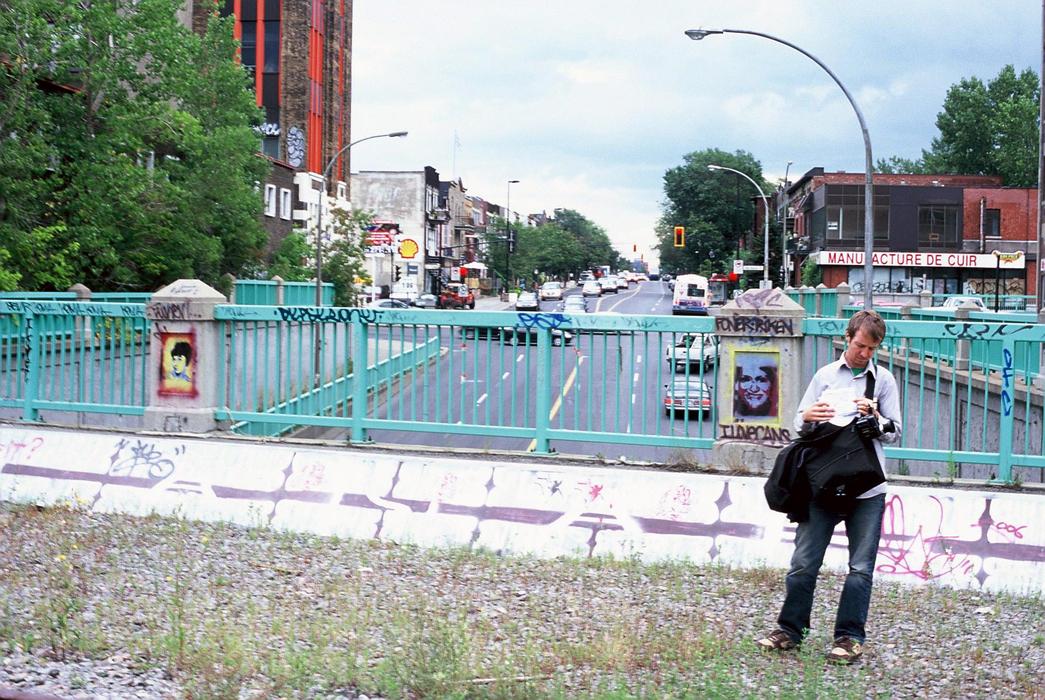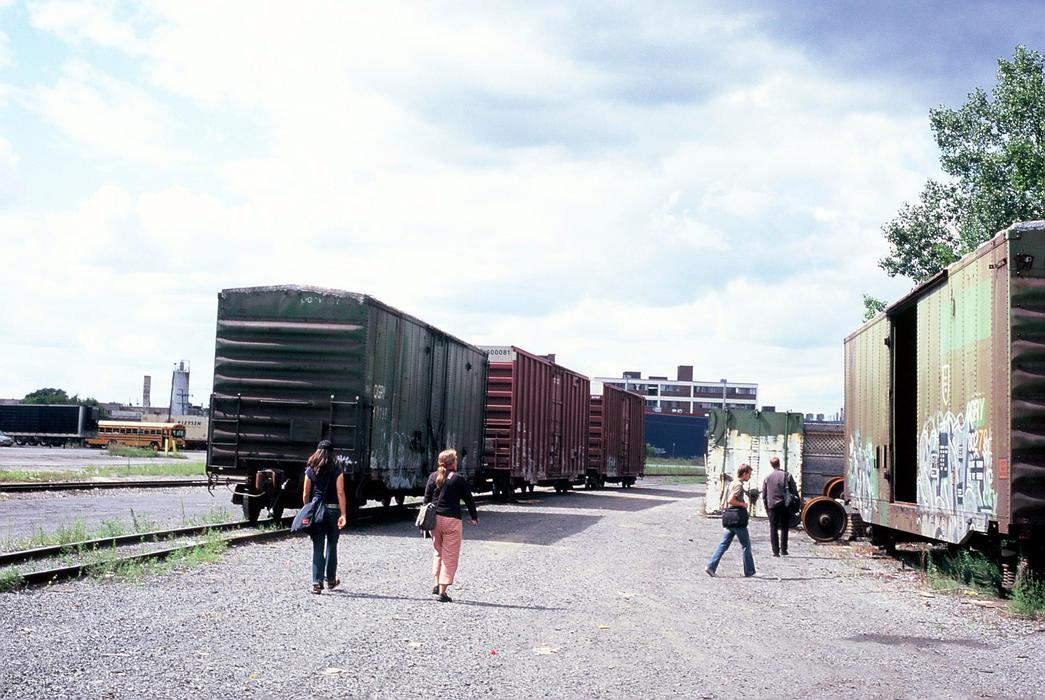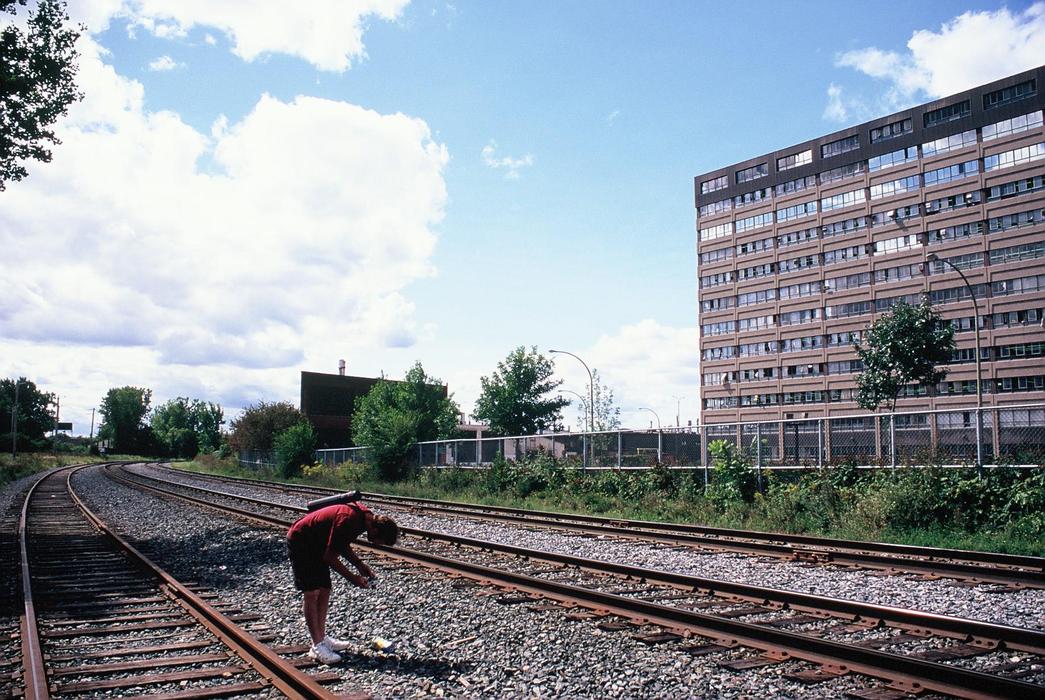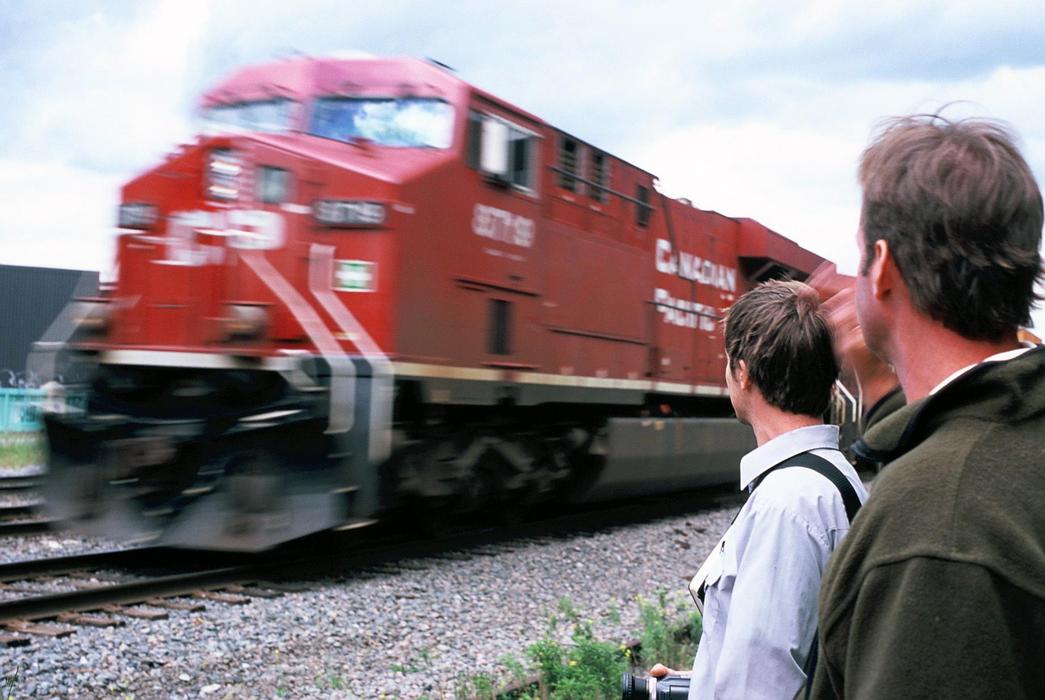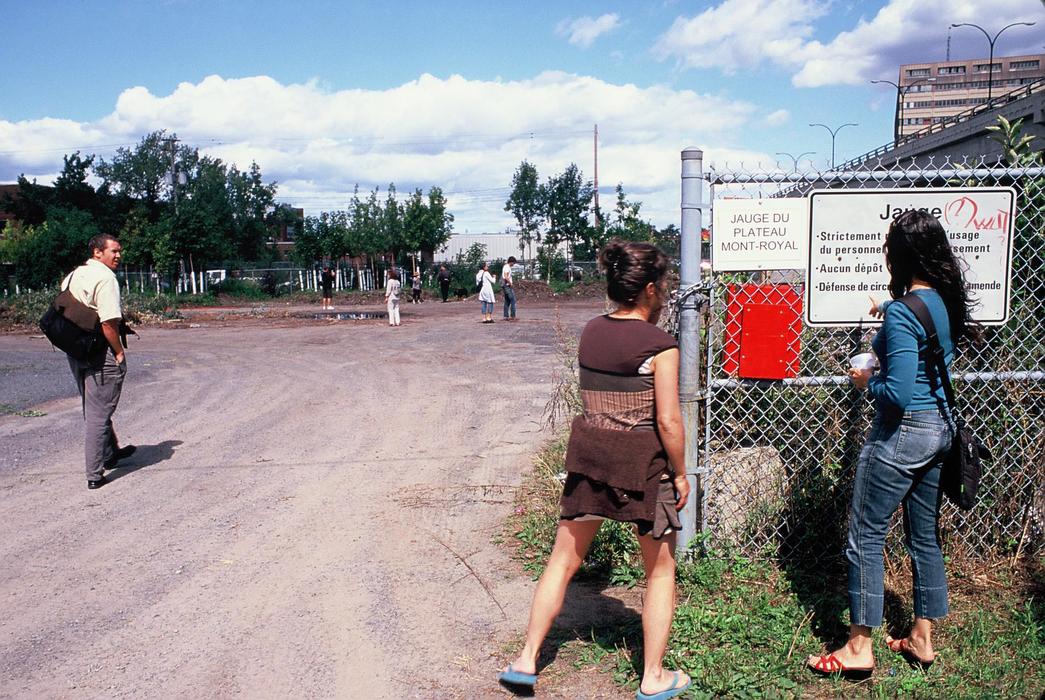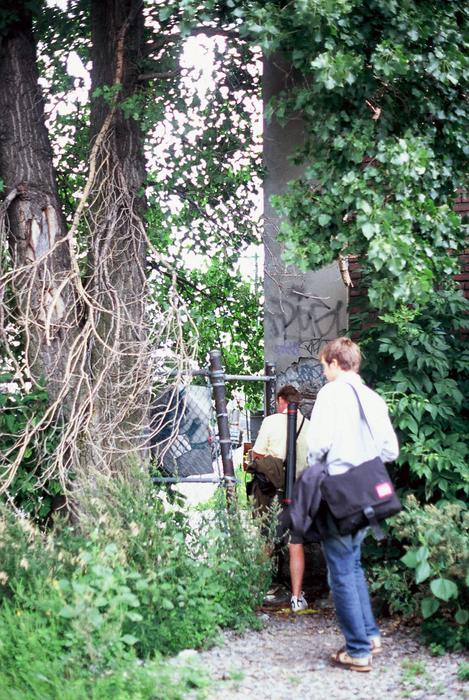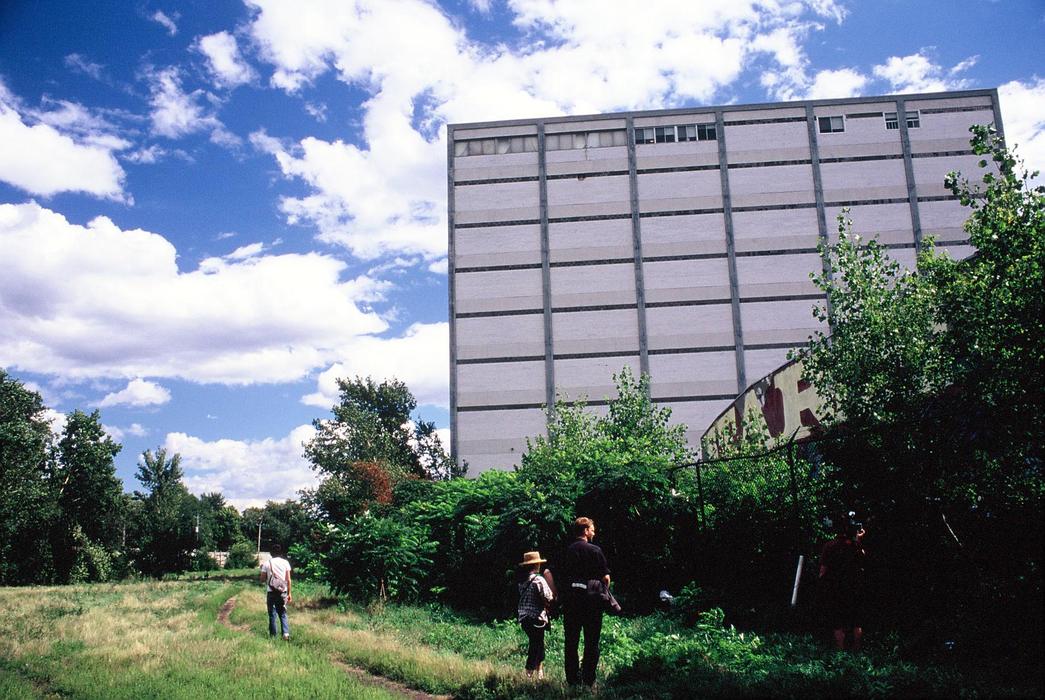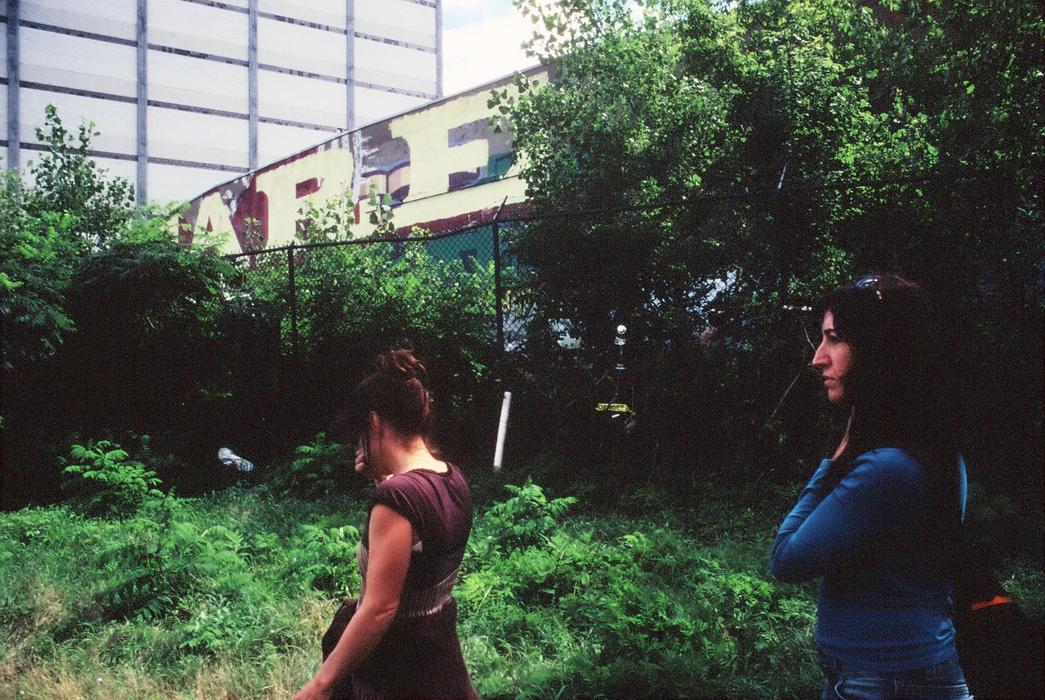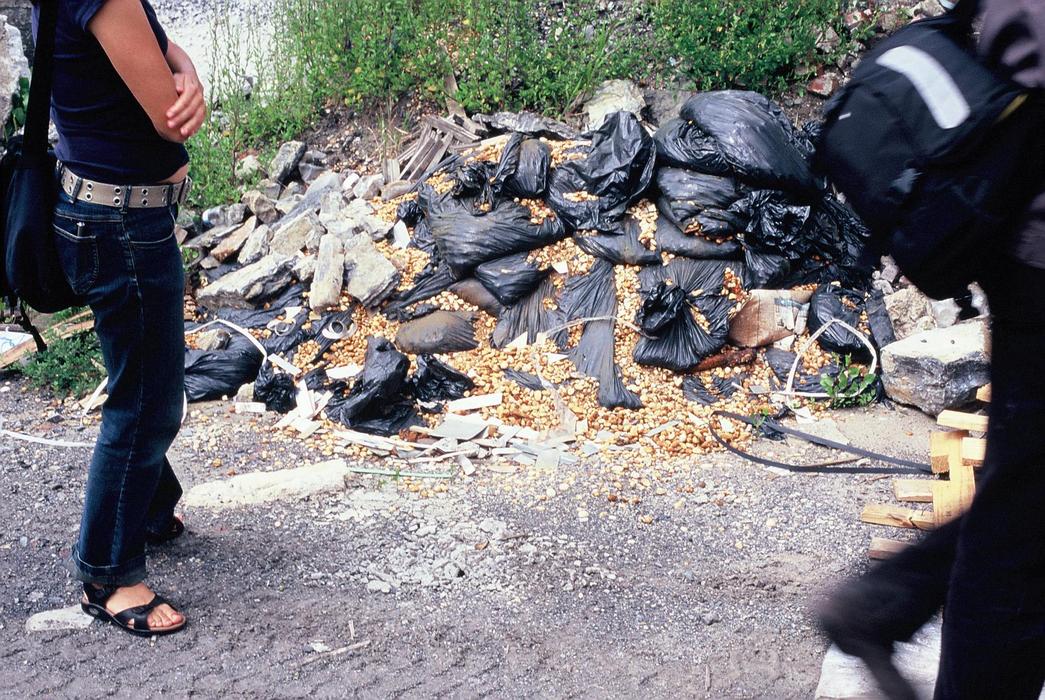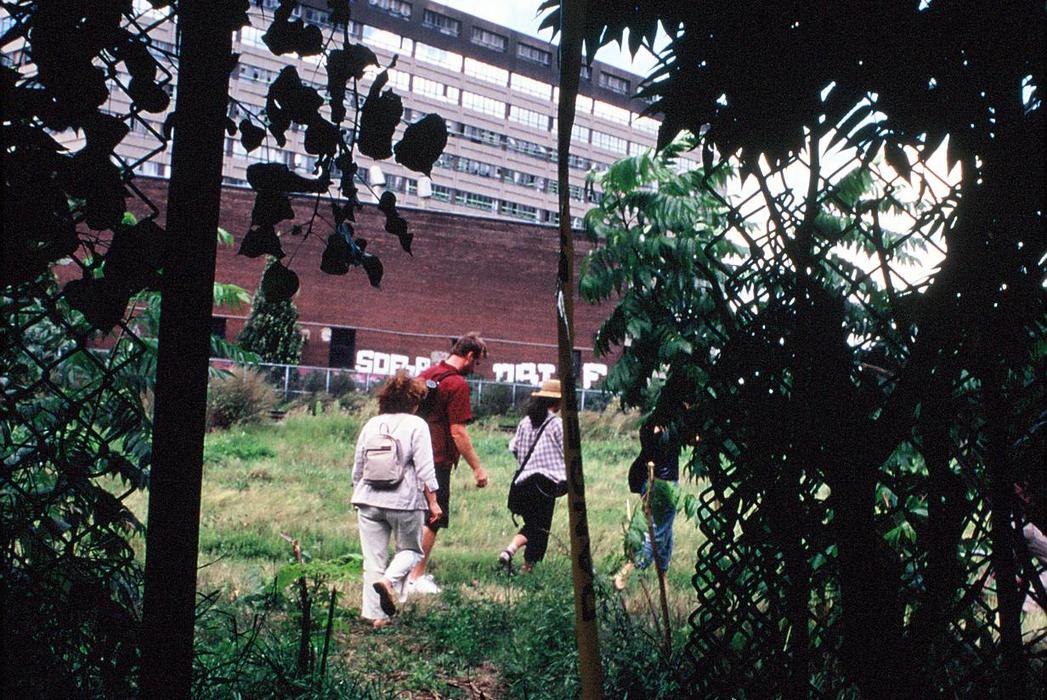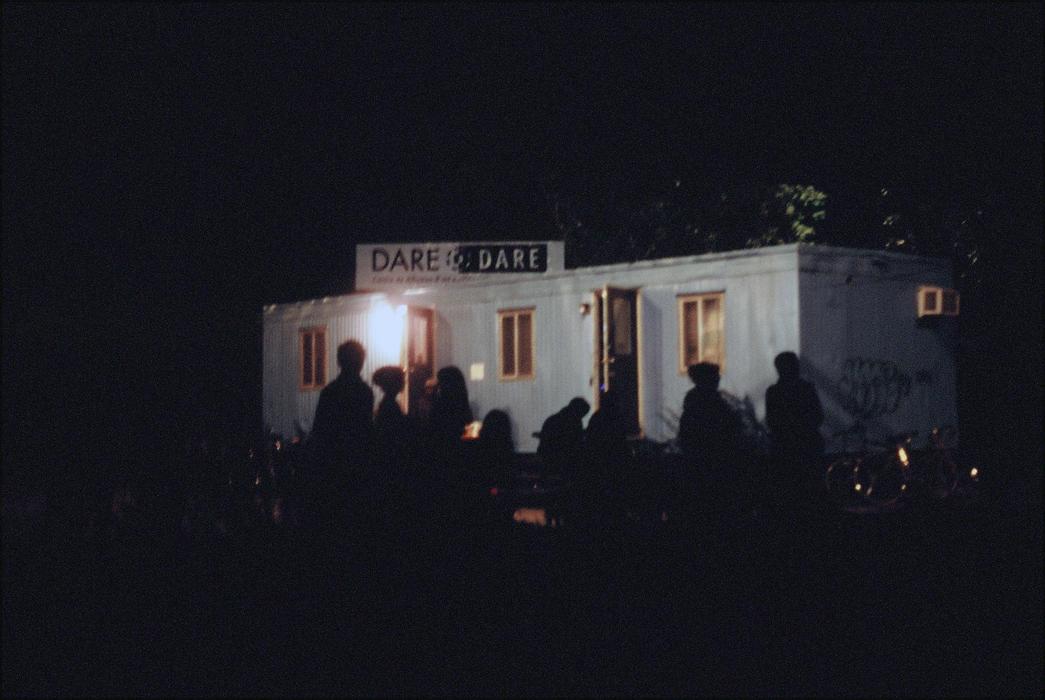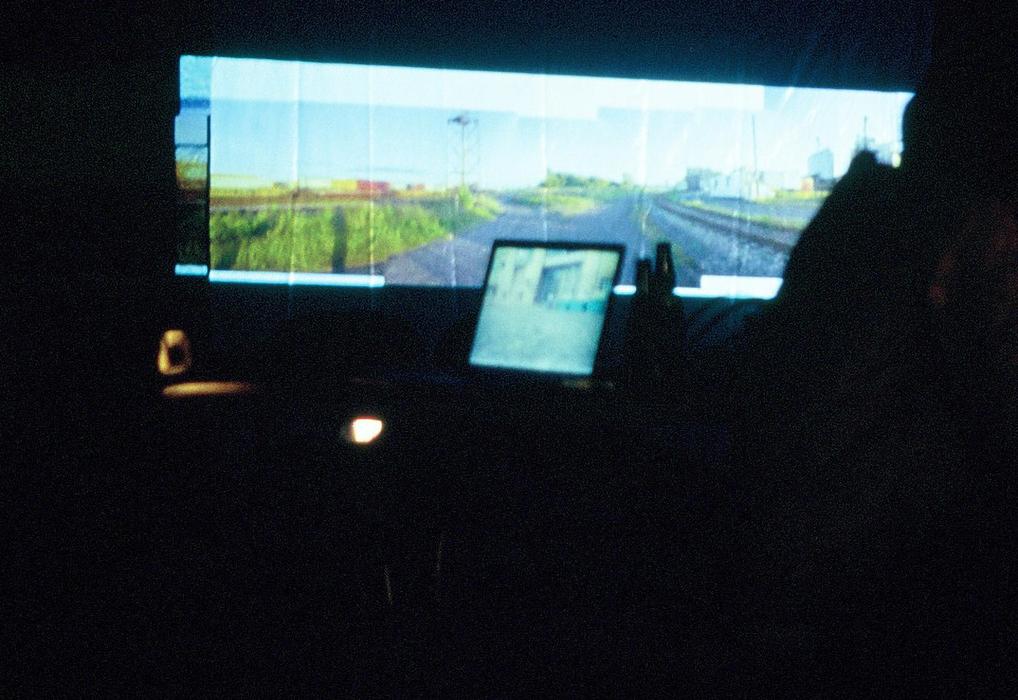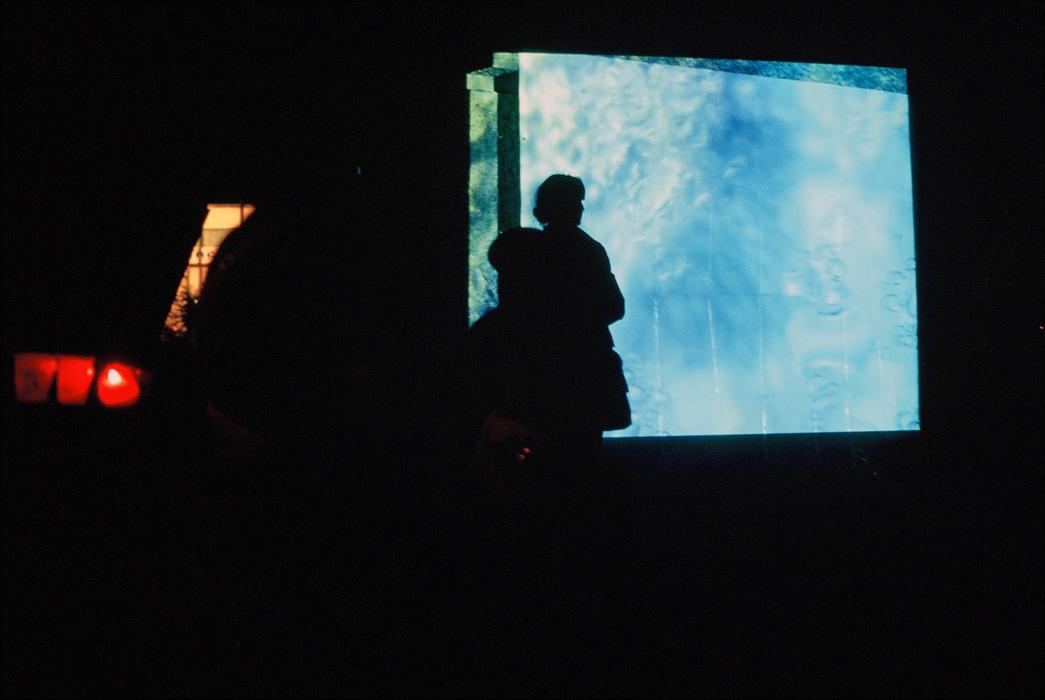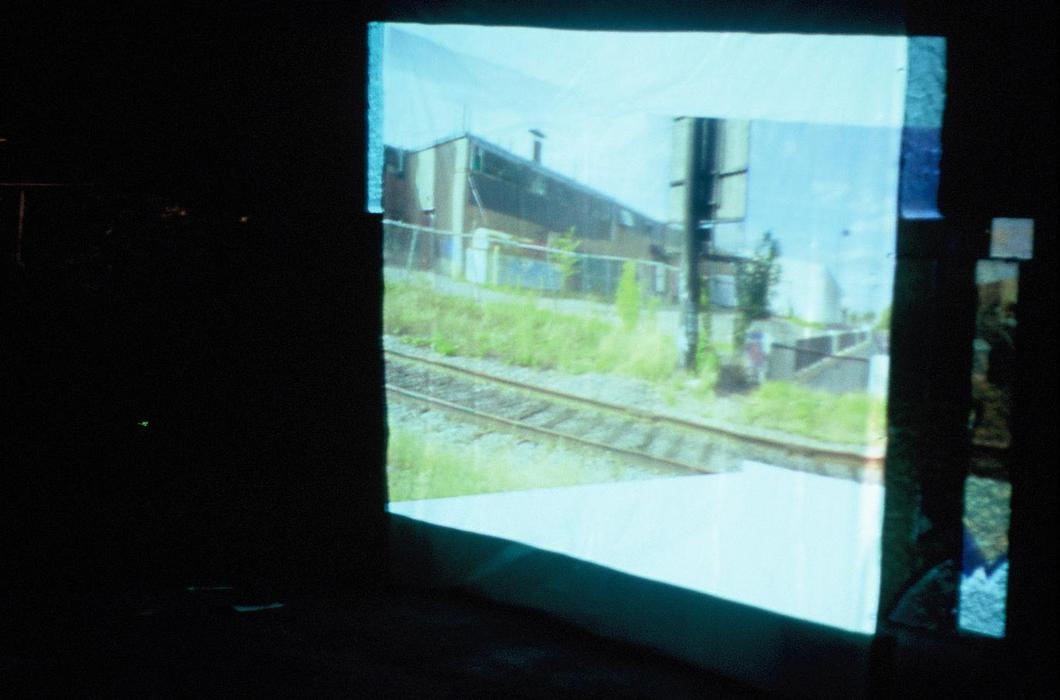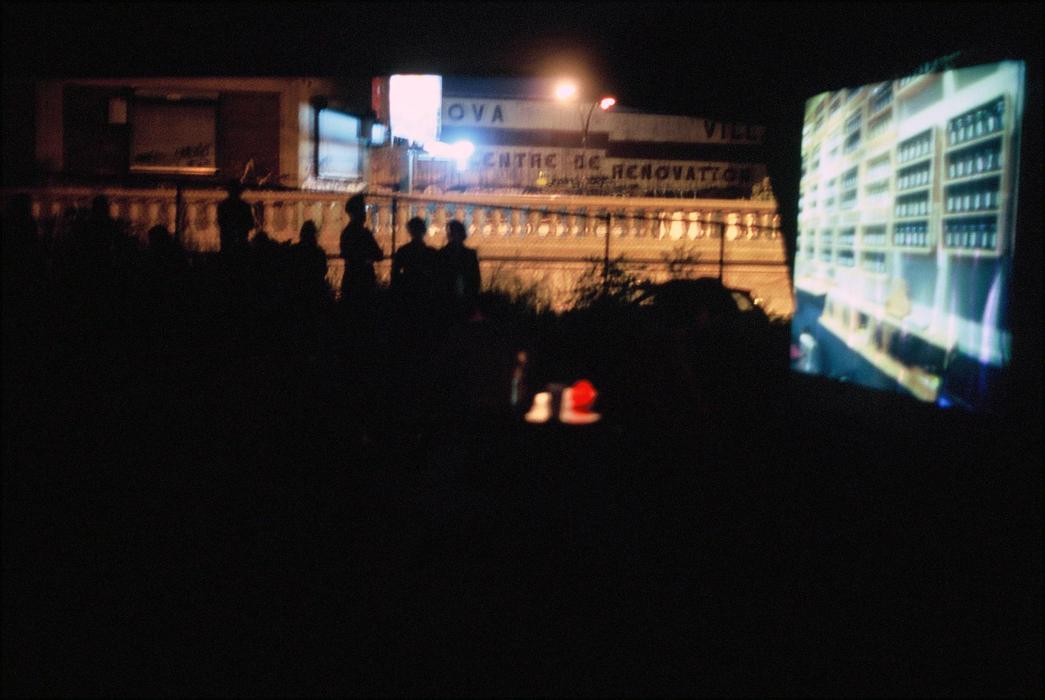Programming
SPURSE
Sensing Place: across zones of Montréal
SPURSE is a hybrid collective with international ramifications that touches on art and architecture. SPURSE is interested in the reconstruction of the common places, by an examination of the urbanity with a psycho-geographical approach.
View more
From the park with no name, Montreal
Walks every day starting at 13h from the park
Meeting/event saturday from 19h à 23h
How is the feeling of belonging is created? How do we come to perceive a place to finally belong to it?
In the Sensing Place project, SPURSE highlights human complexity and dynamism as well as other power relations that exist in the greater Montreal area. By sponsoring community events, spurse creates a time-out, offers the opportunity to rethink, imagine and interact with a place in an experimental way in order not to determine the identity of this place, but to allow the latter to transform the participants. To achieve this goal, the group organizes a series of ambulatory and sampling activities from the new DARE-DARE site. This will be followed by the development of a psychogeographical representation of the zones, as well as a multimedia meeting/event on the feeling of belonging, not based on humanocentrism, but on history, geography and ecology.
SPURSE (www.spurse.org) is a hybrid collective with international ramifications that touches on art and architecture. spurse is interested in the reconstruction of the common places, by an examination of the urbanity with a psycho-geographical approach. His latest projects include Mapping the Working Waters, during which SPURSE attempted mapping on the Atlantic side of Maine (US) and The Interventionists: Art in the Social Sphere at Mass MoCA (Massachusetts, USA).
Paul Bartow (Watkins Glen, New York and Austin, Texas), is a graduate in fine arts and architecture. A member of SPURSE since 1997, he is also part of the collective Bartow + Metzgar with the artist Richard Metzgar. His work with SPURSE, B + M, or as an individual has been showcased throughout the United States.
Brian H. DeRosia (Portland, Maine) studied visual and fine arts. As part of his work, he studies the process of creating traces and also incorporates elements drawn from his personal experiences and interests. Recently, he has been creating drawing machines that produce drawings from readers of algorithmic origin. He has participated in several SPURSE projects.
Catherine D'Ignazio studied fine arts and international relations, and her research work has diverse interests including critical mapping, political economy and the "infinitely small". She has collaborated in the creation of performances, software, conferences and installations with, among others, the groups iKatun, Institute for Infinitely Small Things, glowlab and SPURSE.
Iain Andrew Kerr (Portland, Maine), co-founder of spurse, studied philosophy and architecture. In 2003, he was one of the initiators of the project That Word Which Means Smuggling Across Borders, Incorporated, an experiment where architecture, body and clothing converge. Interested in architectural practice, he collaborates with several small design firms.
Stan Pipkin (Houston, Texas) is an architecture designer and co-founder of SPURSE. Through architectural research, he explores the relationship between materiality and the dynamics of places, and the strategies of occupation. He uses mapping techniques, algorithmic design and the principles of sustainable design. Current projects include the development of low-rent housing (Kenya), the development of a low-energy housing concept (Texas), and a global scale water archiving project.
